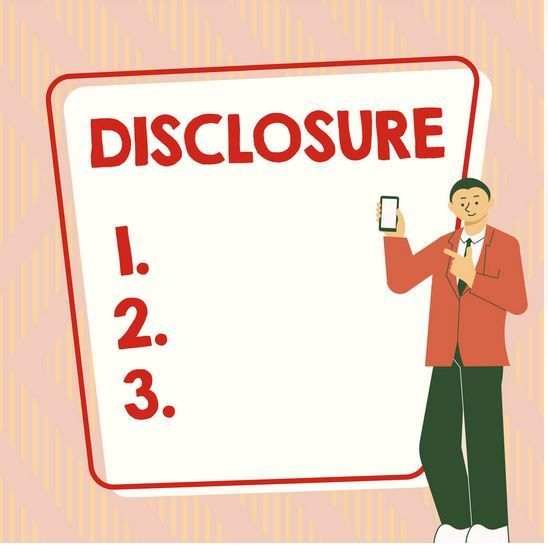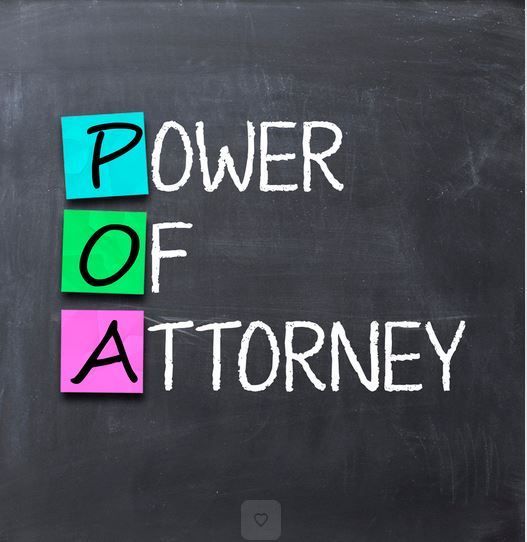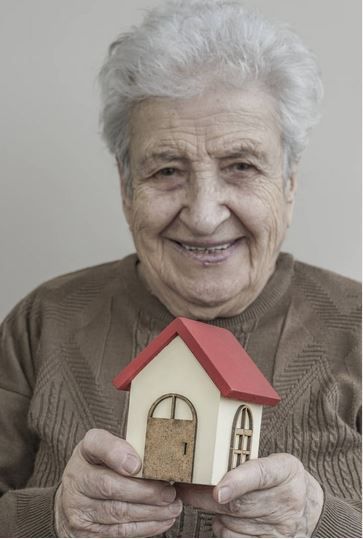Southern Office:
3533 Woodstock Road, White River Junction, VT 05001
(802) 698-8327
Email: office@peetlaw.com • Fax: (802) 860-2822
Business Hours: Monday-Friday 8am-5pm
Southern Office:
3533 Woodstock Rd, White River Junction, VT 05001
(802) 698-8327
Email:
office@peetlaw.com • Fax:
(802) 860-2822 •
Business Hours:
Monday-Friday 8:00-5:00
A life estate deed is a tool than can be used with estate planning

A life estate is a legal concept in real estate law that refers to the ownership of a property for the duration of a person's life, known as the life tenant. Once the life tenant passes away, the ownership of the property typically reverts to another party, known as the remainderman, or it may revert back to the original grantor.
In a life estate, the life tenant has the right to use, possess, and enjoy the property for the duration of their life, subject to certain restrictions. However, they cannot sell or transfer the property in a way that extends beyond their own lifetime. The life tenant is also generally responsible for maintaining the property, paying property taxes, and other obligations associated with property ownership.
For example, a parent might grant a life estate in a home to their child, with the condition that the property will pass to the child's children (the grantor's grandchildren) upon the child's death. In this case, the child is the life tenant, and the grandchildren are the remaindermen.
For another example, a parent owns a house and has two children. The parent wants to ensure that the house will pass to the children upon the parent's death, but the parent also wants to continue living in the house for the rest of their life.
To accomplish this, the parent can create a life estate in which they retain a life estate interest in the property and name the two children as the remainder beneficiaries. In this arrangement, the parent retains the right to live in the house for the rest of their life and is responsible for paying property taxes and maintaining the home. However, the parent can't sell the house without the agreement of the children and can't leave the house to someone else in their will.
Upon the parent's death, the life estate terminates automatically, and the two children will become the full owners of the house without the need for a probate process. They can then choose to live in the house, sell it, or rent it out.
By creating this life estate, the parent can ensure that the property will pass to the children while still retaining their right to live in the house for their lifetime. However, as with any legal or financial arrangement, it's important to consult with an attorney to understand the implications and details involved.









CONTACT INFORMATION
Main Office: (802) 860-4767
100 Interstate Corporate Center, Suite 101, Williston, VT 05495
Southern Office: (802) 698-8327
3533 Woodstock Rd, White River Jct., VT 05001
Fax: (802) 860-2822
Email:
office@peetlaw.com
Hours of Operation:
- Mon - Fri
- -
- Sat - Sun
- Closed

